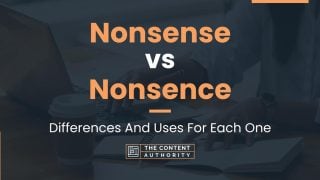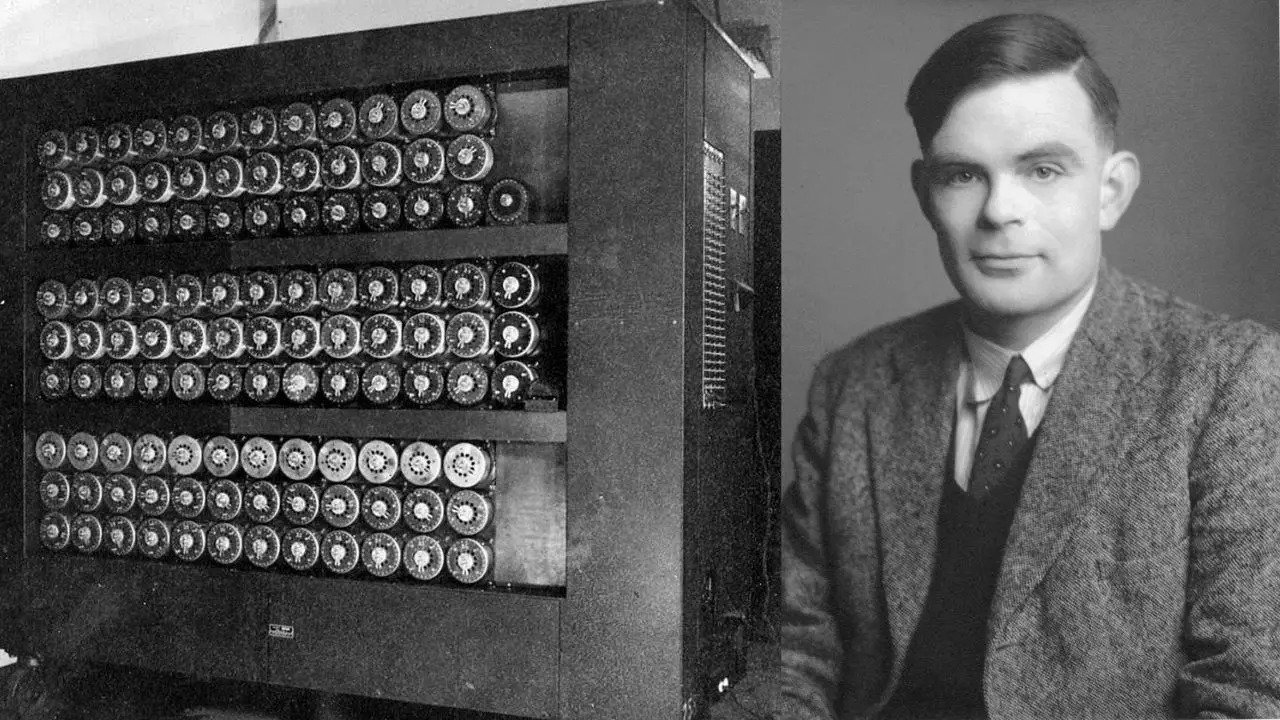There is a great divide running through philosophy. Analytic versus Continental. The proponents of each see their version of philosophy as superior and cast doubt on the legitimacy of the other. Philosopher Simone Mahrenholz here argues this divide is artificial and an accident of history. Tracing the origins of both schools to provocative characters in early 20th-century Germany and Europe, she reveals this rift in philosophy was caused and exaggerated due to a peculiar course of events, including the rise of Hitler. Newcomers to contemporary academic philosophy might find themselves at times perplexed by the degree and vehemence with which the discipline is still divided at most philosophy departments in the world. The current distinction between so called “analytic” and “continental” philosophy is at the latest a product of the 1970s, its methodological foundations however, have their origin in the 1920s or earlier. And, strictly speaking, it is a false equ…
Read the full article which is published on IAI TV (external link)






